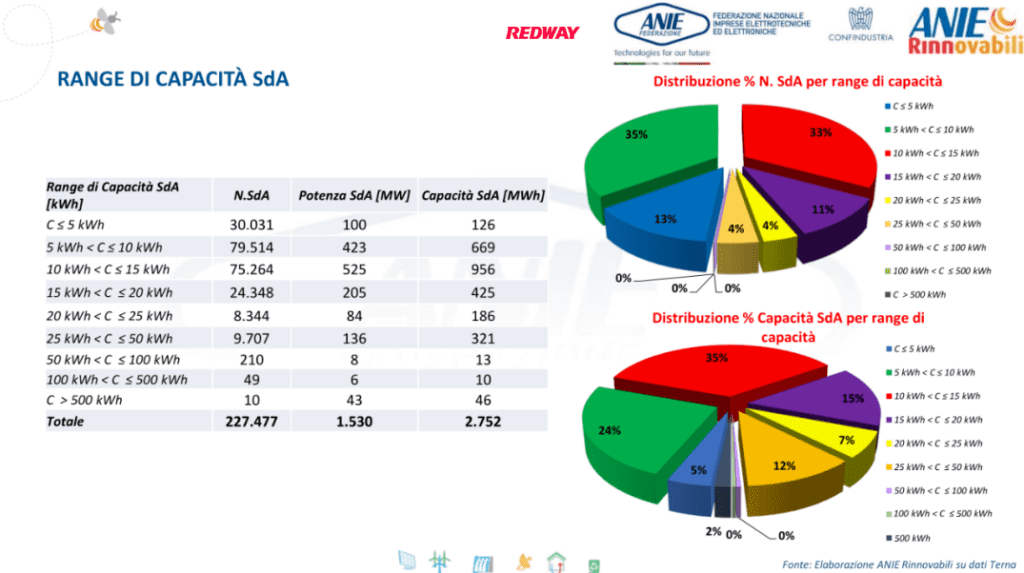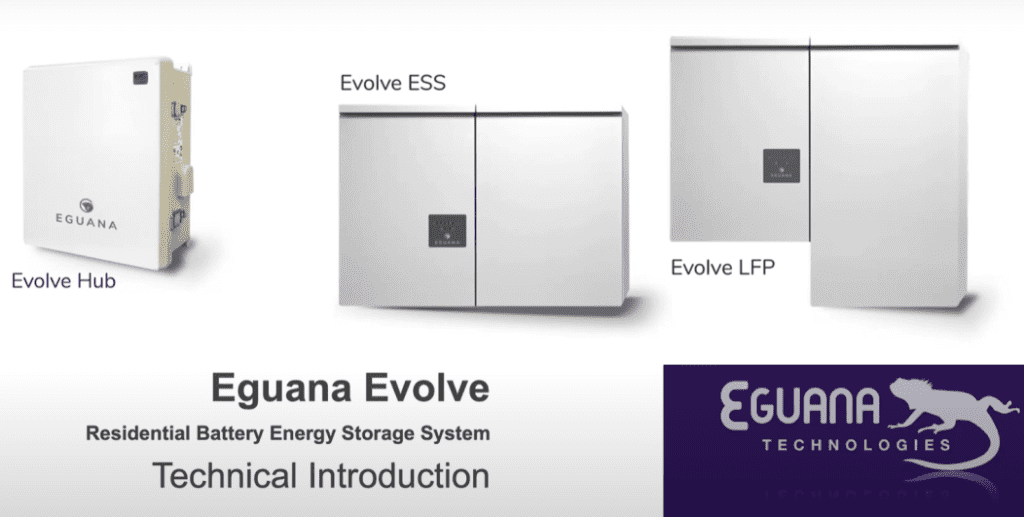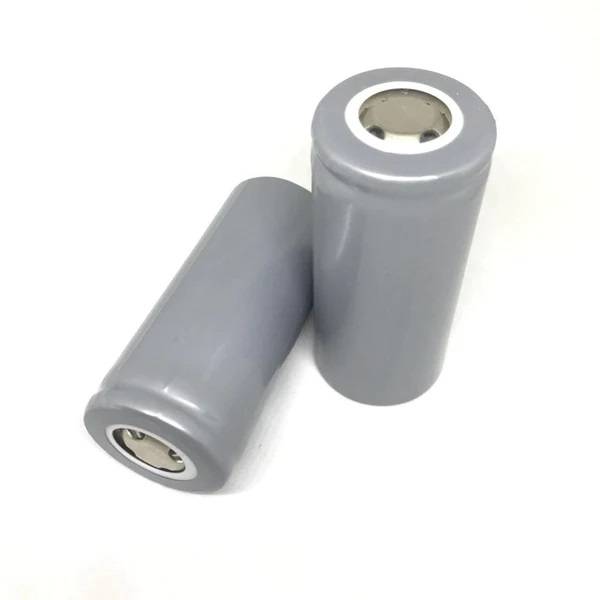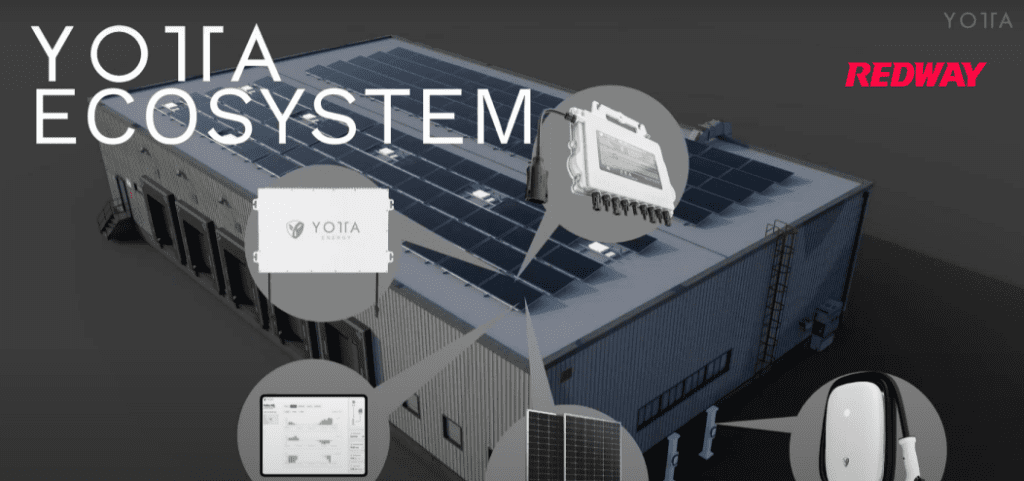Explore the future of lithium-ion batteries by focusing on their vital component, the anode materials. Recent breakthroughs in silicon, sulfide, and nanomaterials promise enhanced performance, energy density, and sustainability.
Introduction
Today, we will delve into a crucial component of lithium-ion batteries, the anode materials, and explore the latest research advancements. These innovations are poised to make significant breakthroughs in future energy storage and electric mobility.
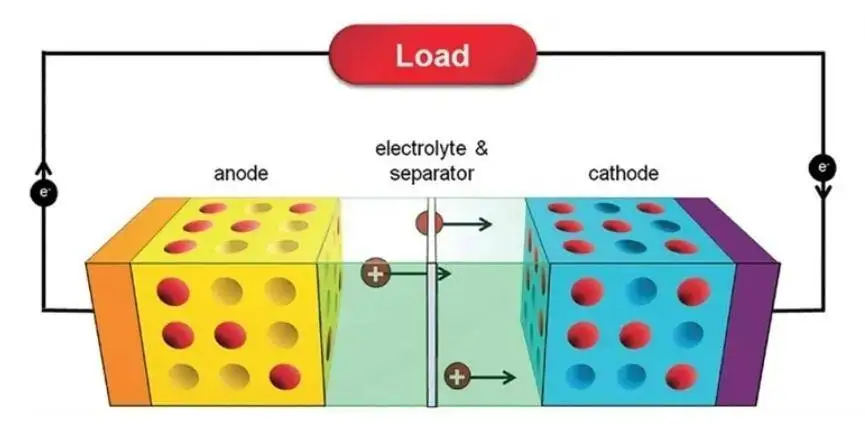
#post_seo_title
Introduction to Lithium-Ion Batteries
First, let’s briefly review the working principle of lithium-ion batteries. They are the primary energy storage solution for electronic devices, electric vehicles, and renewable energy systems. A battery consists of a positive electrode (cathode), a negative electrode (anode), an electrolyte, and a separator. Among these components, the anode material plays a crucial role in storing and releasing lithium ions.
Research Developments
Silicon-Based Anode Materials
Silicon has long been of interest due to its high capacity potential.silicon experiences volume expansion during charge and discharge cycles, which can degrade battery performance.
Solution provided by Recent Research
Recent research has successfully addressed the issue of silicon anode material expansion by utilizing nanostructures and encapsulation techniques, thereby enhancing battery performance.
Sulfide Anode Materials
Sulfide materials are also gaining attention for their high capacity and relatively low cost.
Solution provided by Recent Research
Researchers are developing new sulfide anode materials to enhance battery energy density and cycle life.
Applications of Nano Materials
The use of nanomaterials is already changing the game for anode materials.
Solution provided by Recent Research
Nanostructures can provide larger surface areas, improving battery charge and discharge rates, as well as performance stability.
Future Outlook
The ongoing development of lithium-ion battery technology provides more reliable and high-performance solutions for electric vehicles, portable electronic devices, and energy storage. In the future, we can expect further innovations to increase battery energy density, reduce costs, and make a greater contribution to clean energy and sustainability.


